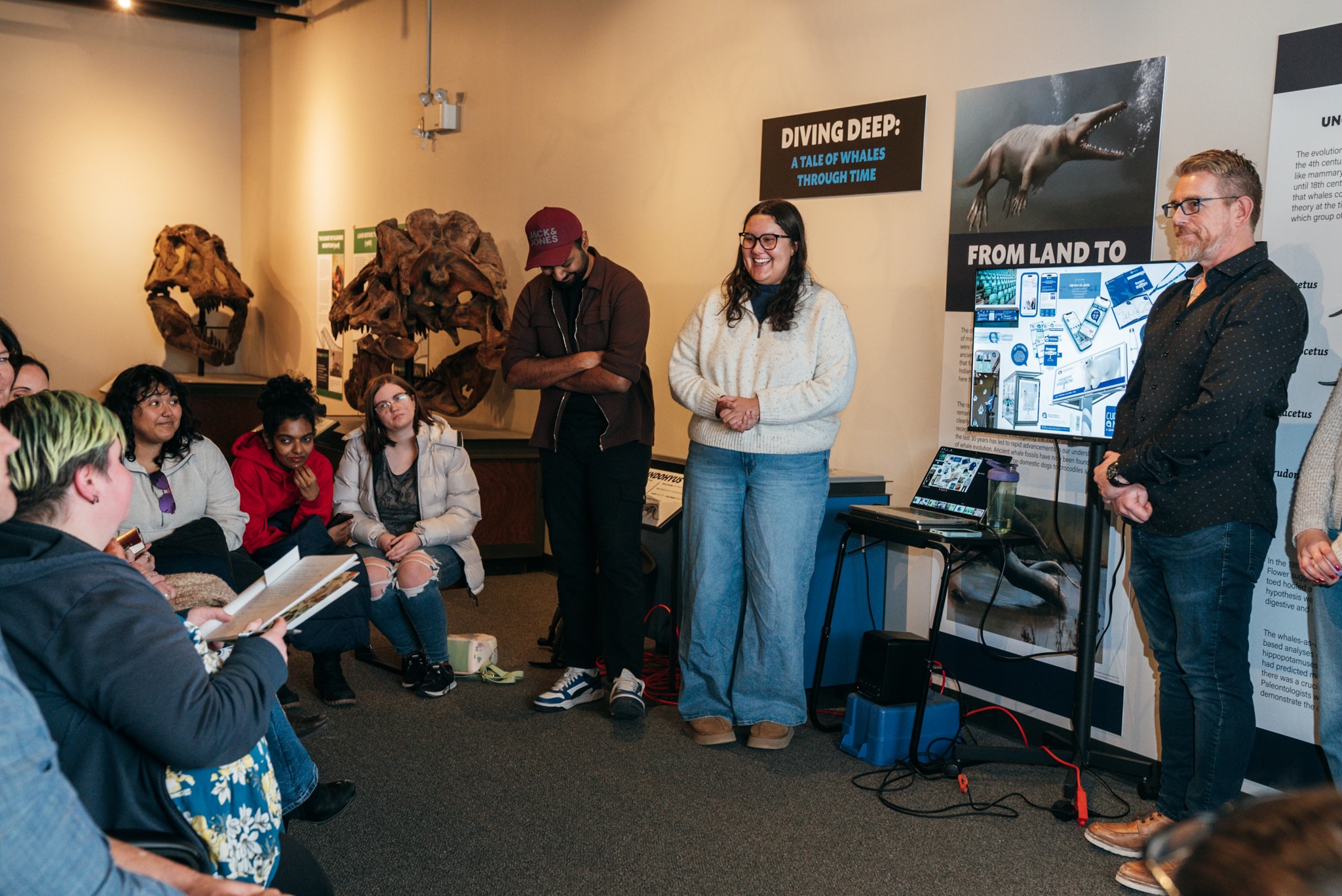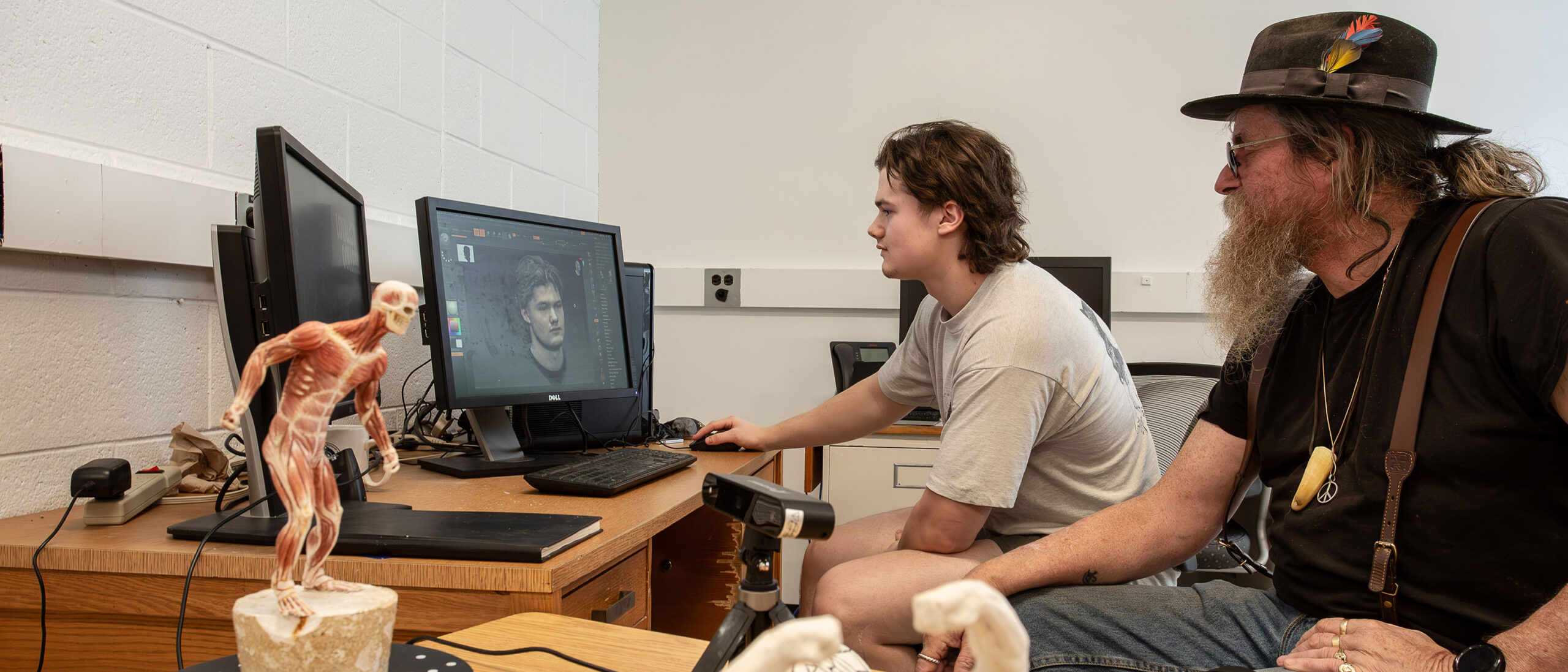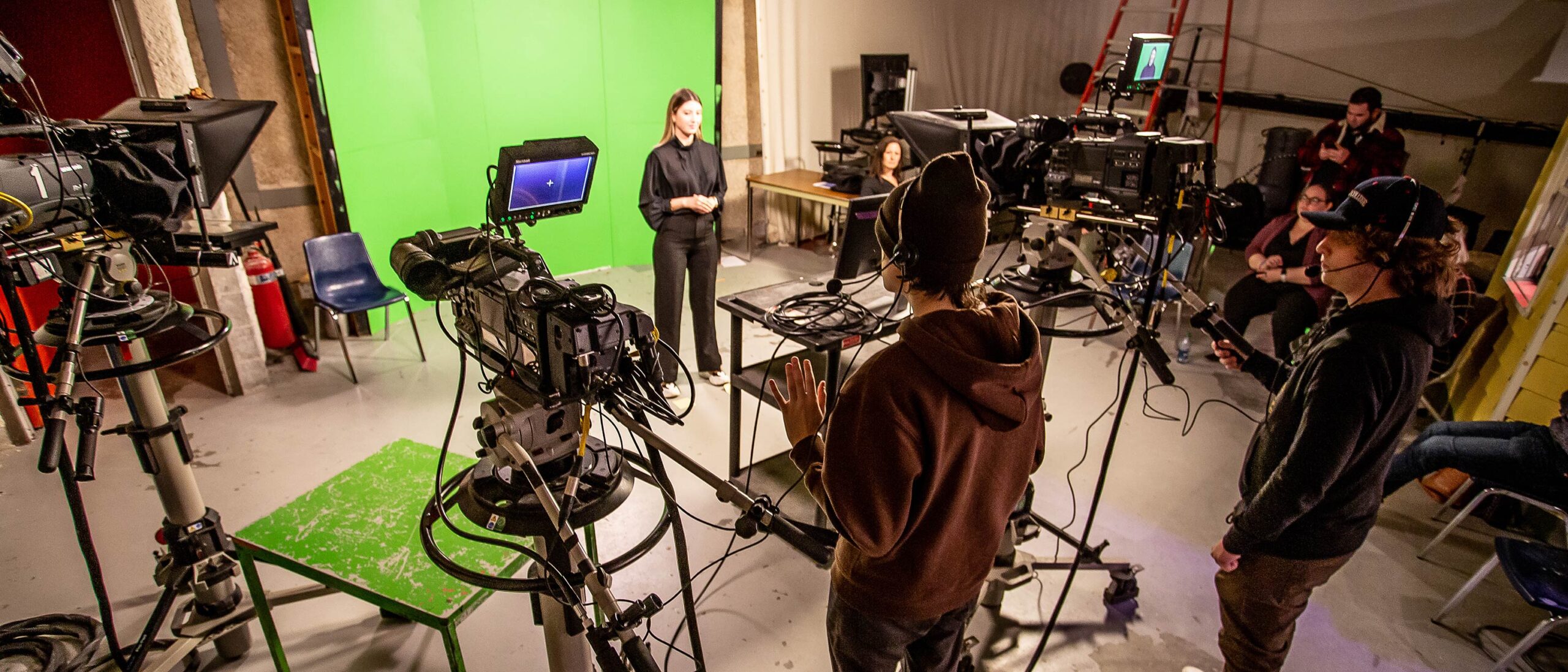Find your career
Prepare for a dynamic career in branding and graphic design, whether you dream of working with top advertising agencies, design studios or starting your own business. Apply your specialized skills and experience creating projects across diverse mediums, including:
- Motion graphics and animation, designing visuals for broadcast, TV shows and film sequences.
- Print media, such as corporate brochures, publications, posters and advertisements.
- Digital marketing and strategy, developing content for modern digital campaigns.
- UX/UI and interactive media, creating intuitive websites and engaging digital experiences.
- Editorial design, crafting layouts for newspapers, books and magazines.
- Packaging design for products like food, beverages and cosmetics.
- Environmental graphics, including signage, exhibits, wayfinding systems and transit displays.
- Branding and creative direction, developing campaigns and crafting brand identities.
Is it for you?
Good designers need more than a discerning eye. People who excel in graphic design:
- Want a career with a creative outlet.
- Feel compelled to make things.
- Are perceptive and thoughtful.
- Enjoy exploring digital tools, software and emerging technologies.
- Embrace lifelong learning to stay current with trends and innovations in the creative industry.






